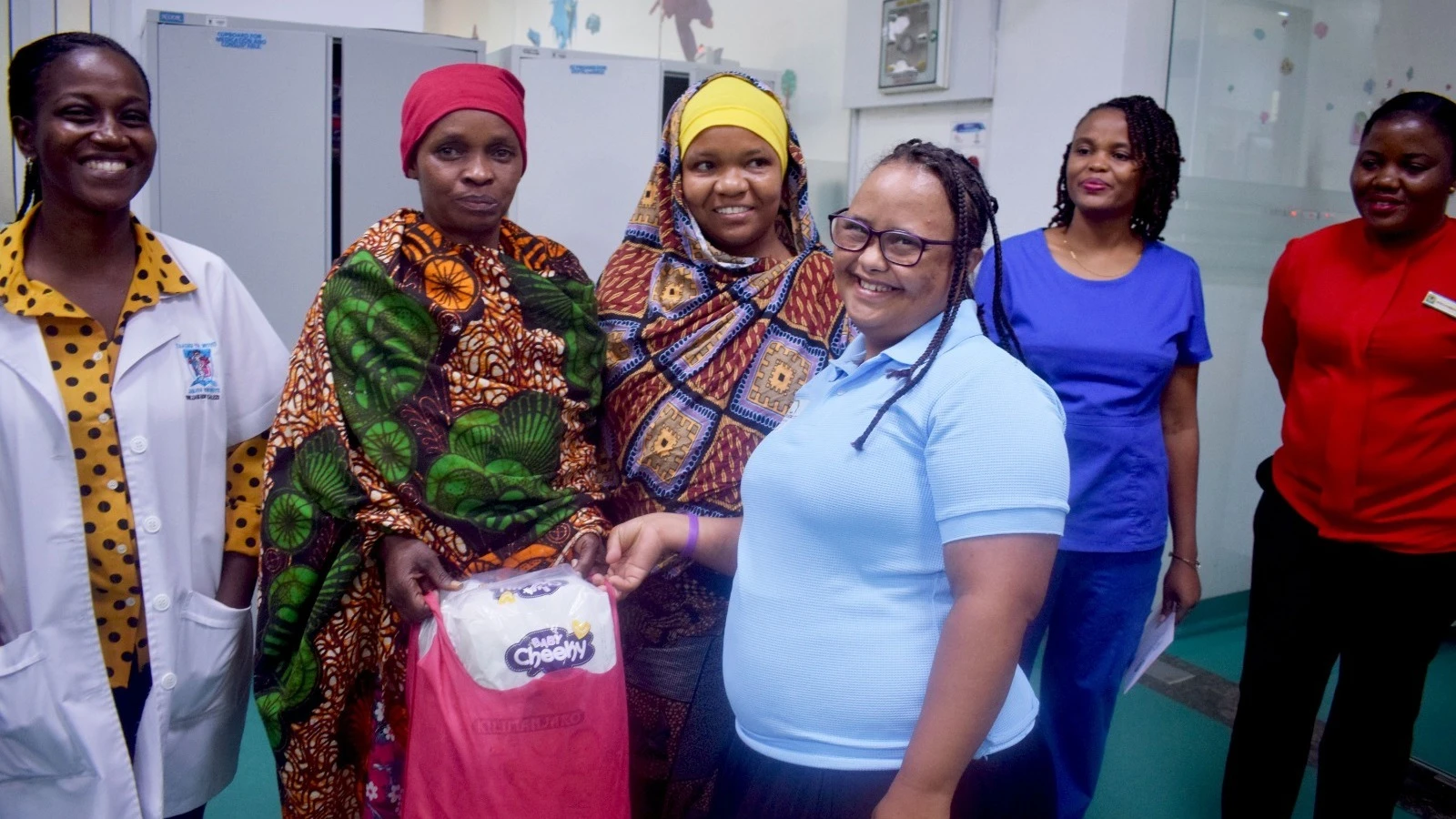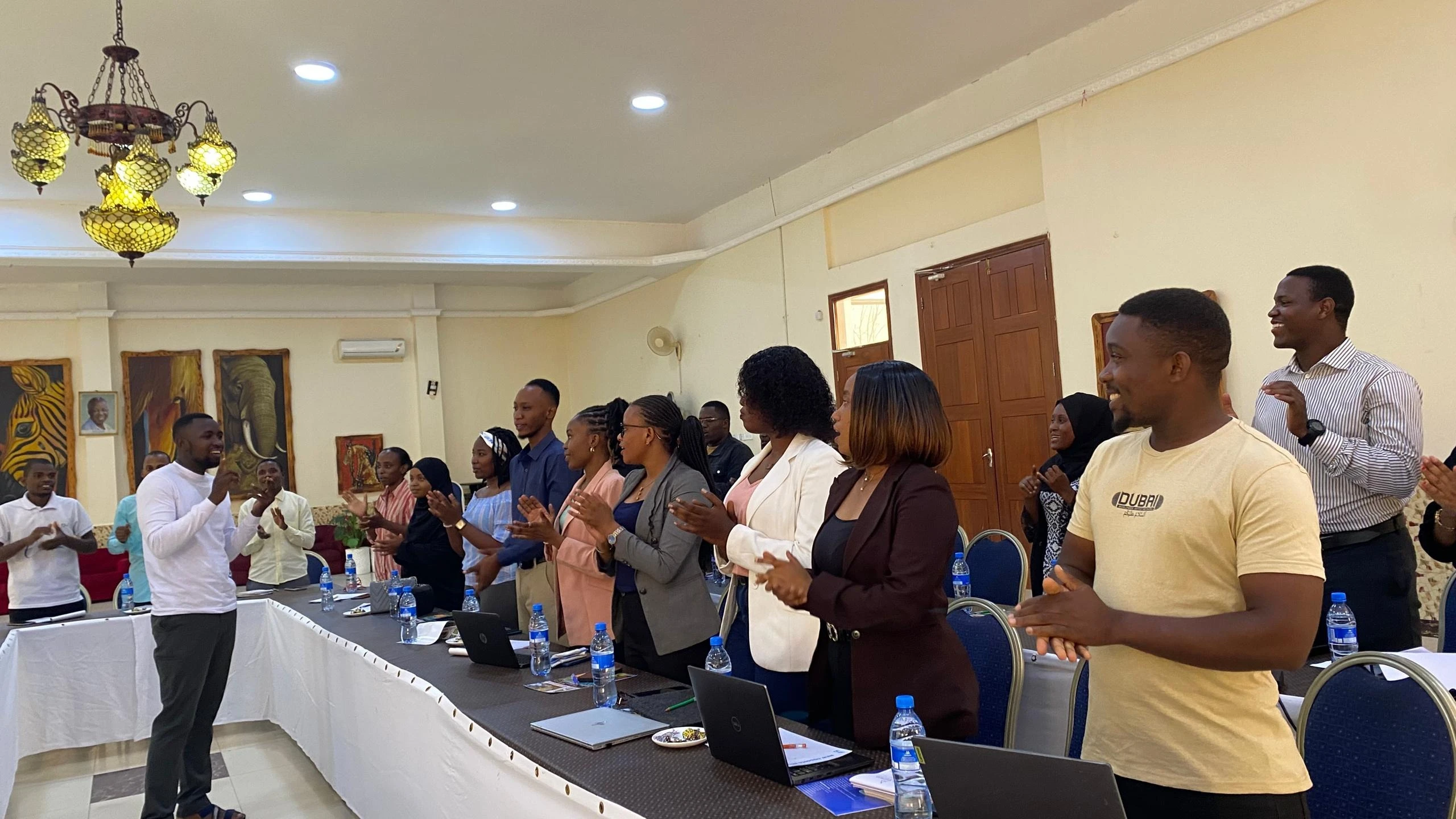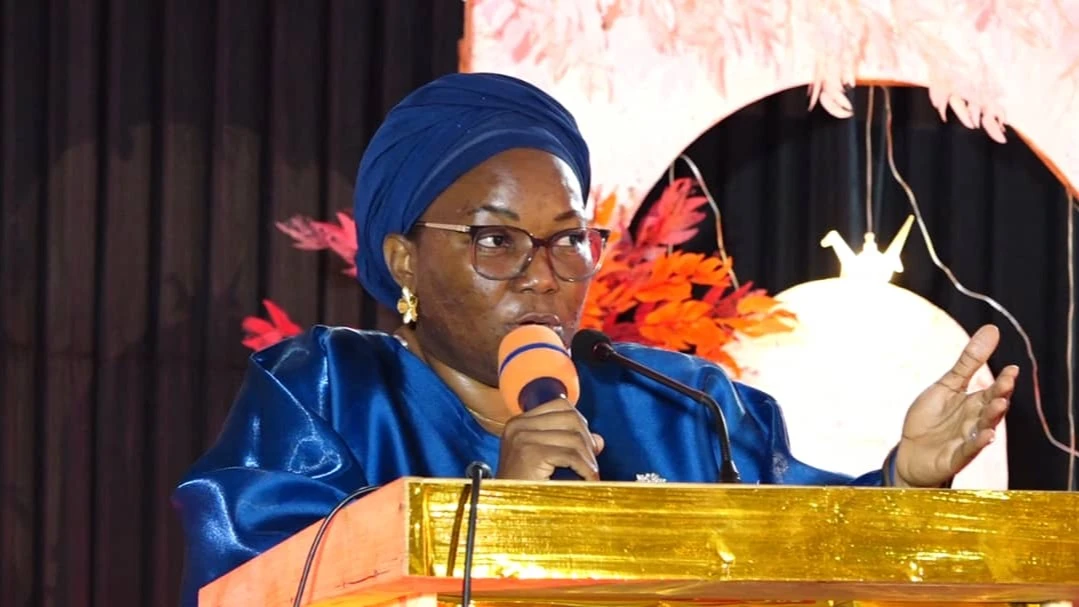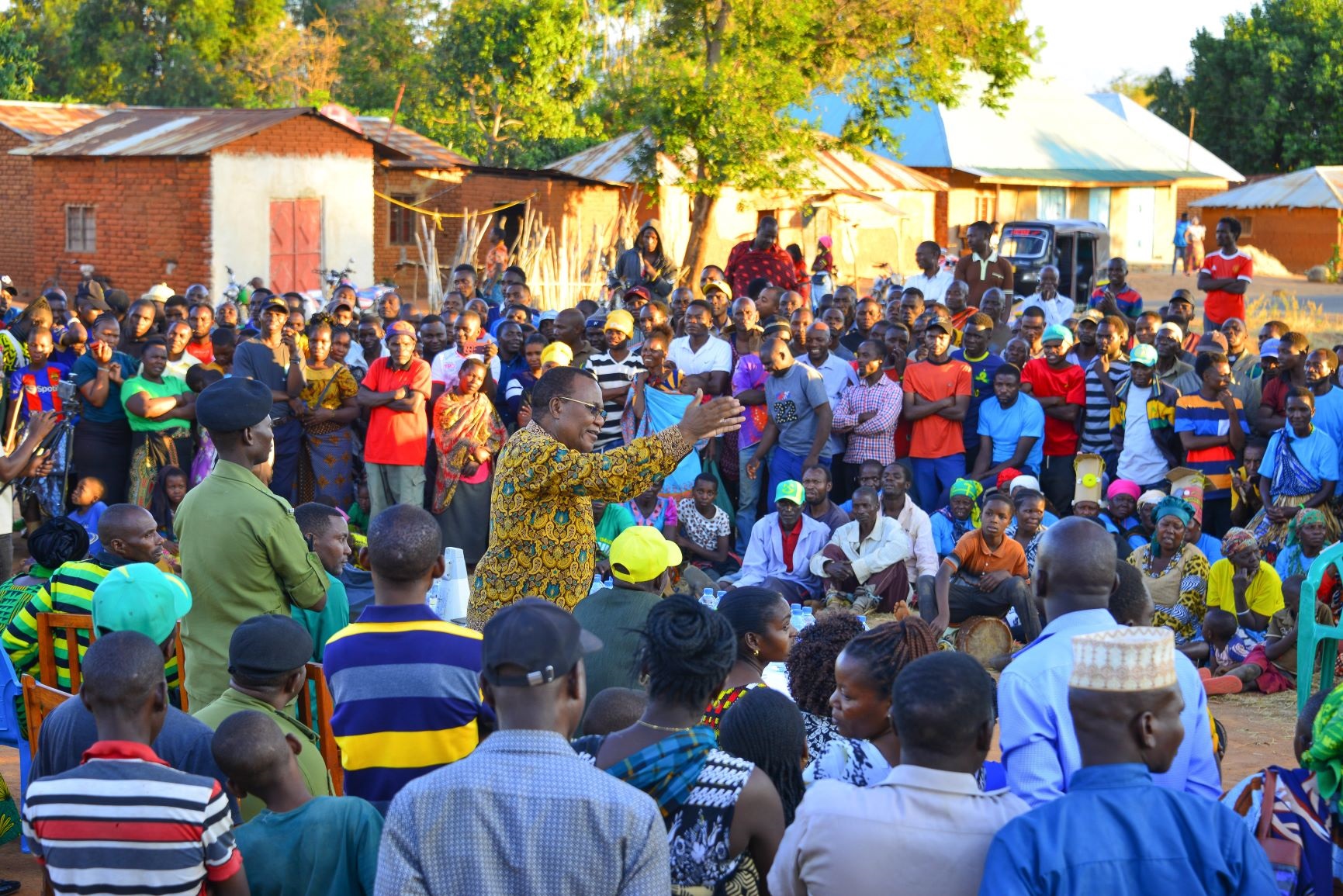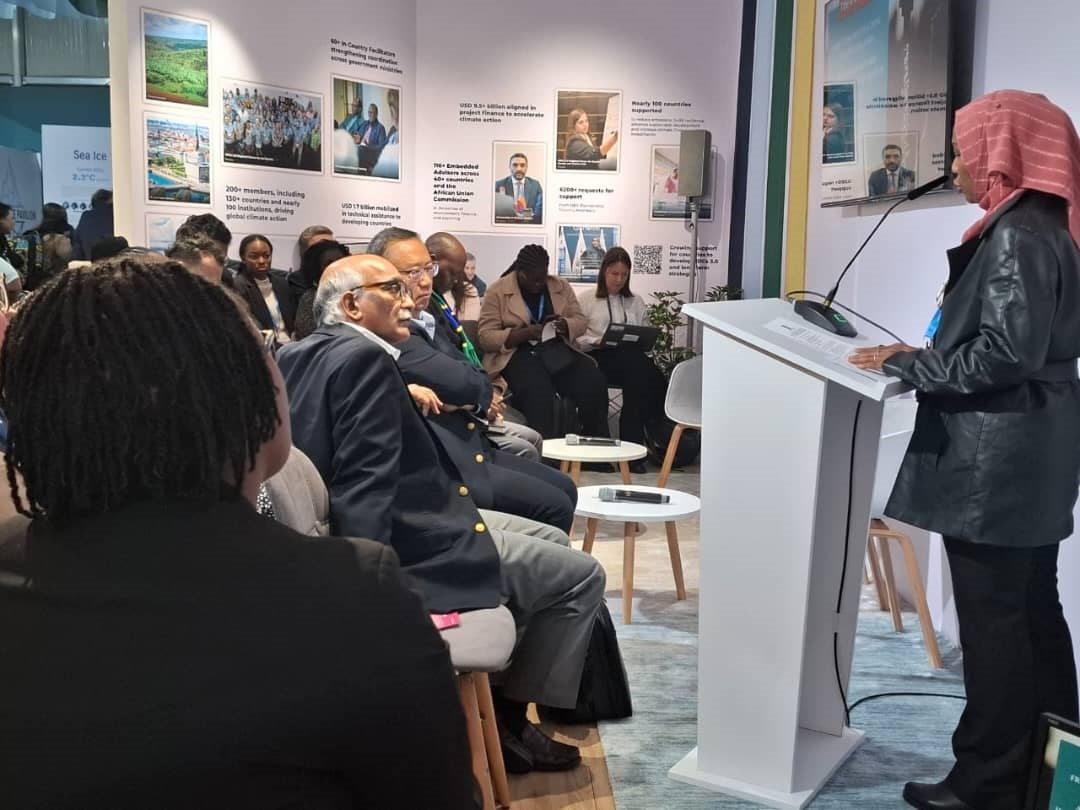TCRA set to licence Elon Musk’s internet subsidiary
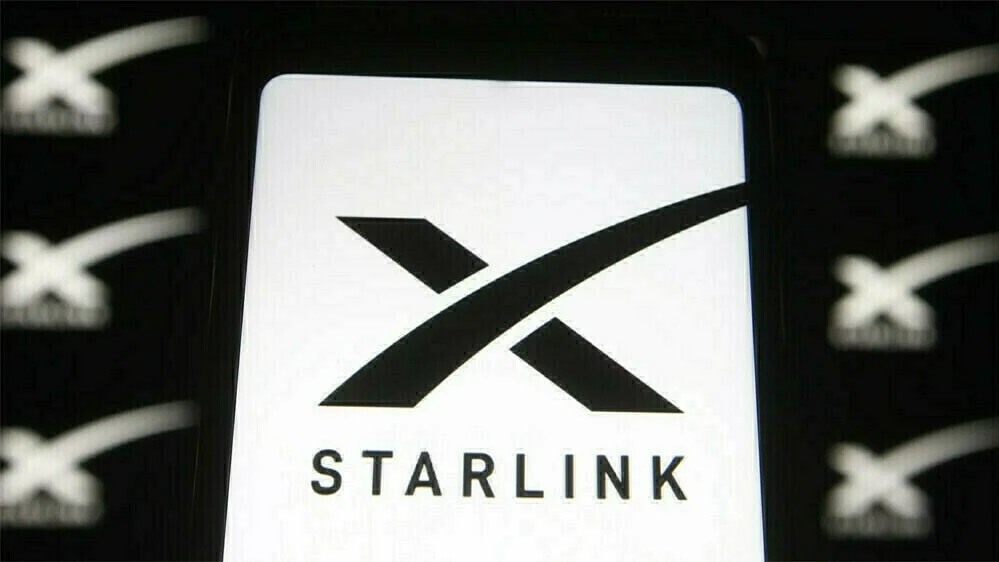
INTERNET services in the country are set to improve after three international companies officially applied for a license from the Tanzania Communications Regulatory Authority (TCRA), one of them linked to the world’s richest person, Elon Musk.
In a public notice issued yesterday, TCRA stated that INTERNET services in the country are set to improve after three international companies officially applied for a license from the Tanzania Communications Regulatory Authority (TCRA), one of them linked to the world’s richest person, Elon Musk. GX Technologies Co. Ltd and the Mauritian firm Paratus (T) Ltd have submitted applications for national network facilities and national application services licenses.
Starlink parent company main shareholder Elon Musk, a member of the inner circle of incoming president Donald Trump, has previously expressed frustration with delays in Starlink’s international rollout, particularly in countries where regulatory approval processes have been slow, the report said.
In the notice, TCRA set a 14-day public comment window regarding those applications, with a decision on approval expected as the consultation window closes.
It stressed the importance of ensuring that Starlink operations align with local regulations on data security and internet governance, noting that by improving internet access, the new companies could help unlock new economic opportunities.
They would help to enhance educational access and spur innovation, particularly in rural areas where reliable connectivity has often been a challenge, it said, affirming that the entry of Starlink into the market has been long anticipated.
The company has faced a number of regulatory hurdles, including negotiations over spectrum rights and compliance with Tanzania’s data protection laws, the regulator specified, hinting that this application marks a milestone in Starlink’s ongoing efforts to expand its global footprint.
It will bring high-speed satellite internet to underserved areas of Tanzania, as its efforts to establish a presence in Tanzania have been complicated by protracted discussions with the government.
“Key issues, such as the allocation of spectrum rights—essential for satellite internet services—have required extensive negotiation. Additionally, Starlink has had to ensure compliance with strict data protection and privacy regulations,” the notice intimated.
Despite the challenges, the company remains optimistic about its ability to deliver high-speed internet to underserved regions across Tanzania, analysts noted, asserting that Starlink’s satellite technology is known for providing fast, reliable internet in areas that lack traditional broadband infrastructure such as fiber-optic networks or wireless coverage.
In Tanzania, where large swathes of the population live in rural and remote regions with limited internet access, Starlink’s service could fill a crucial gap.
The Tanzanian market presents a significant opportunity for Starlink, which aims to bridge the digital divide by offering affordable, high-speed internet to millions of Tanzanians, particularly those in areas that have long struggled with connectivity issues, they added.
Top Headlines
© 2024 IPPMEDIA.COM. ALL RIGHTS RESERVED








